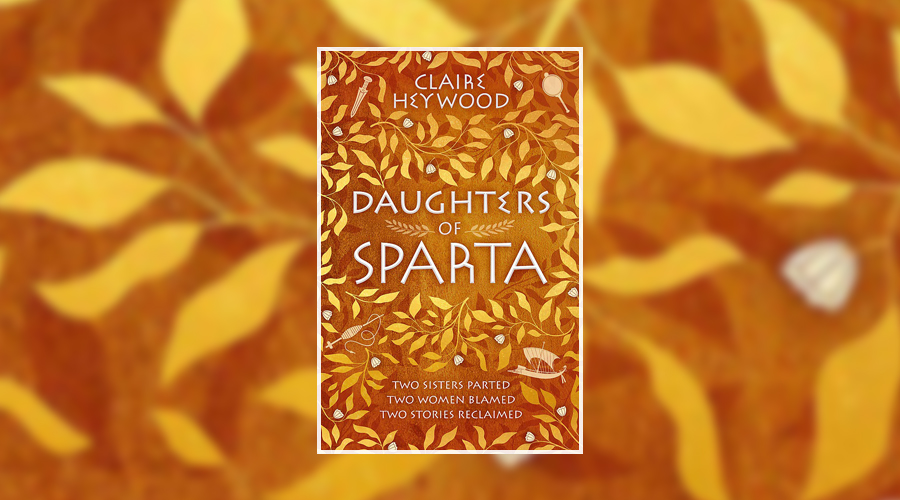
And while sticklers may take issue with plot choices that stray from the famous source materials, Heywood certainly achieves the feat of giving rich interiority to women who are often treated as little more than symbols.Ī flabby, fervid melodrama of a high-strung Southern family from Conroy ( The Great Santini, The Lords of Discipline), whose penchant for overwriting once again obscures a genuine talent. All the while their male counterparts carry little of the burden and receive all the glory: “She could hear it now, that carefree, careless laughter of boys who know the world is theirs to waste.” In order to fit the entire Trojan War and then some into a 300-plus-page novel, Heywood makes liberal use of chapter openers such as “Seven Years Later,” which has the effect of making the pacing feel off. And there was no going back.” As both Helen and Klytemnestra grapple with the tension between satisfying their own desires for personal, romantic, and sexual fulfillment and their duties to their husbands and children, they face choices, some with disastrous, war-starting consequences. Womanhood was strange and painful and humiliating. Helen "wondered why she had been so desperate to become a woman. Helen and Klytemnestra spend their lives wrestling with the painful reality of their position as pawns in the male plot, first by their father, Tyndareos, who marries them off to protect and consolidate power, and then by their husbands, Menelaos and Agamemnon.



Starting with their early childhood and culminating with the end of the Trojan War, Heywood breathes new life into two central figures of the Greco-Roman tradition: Helen-the most beautiful woman in all of Greece, famously blamed for being the cause of the Trojan War-and Klytemnestra, her self-sacrificing and more levelheaded sister. Women at the center of Greek and Roman epics are given new voices.


 0 kommentar(er)
0 kommentar(er)
